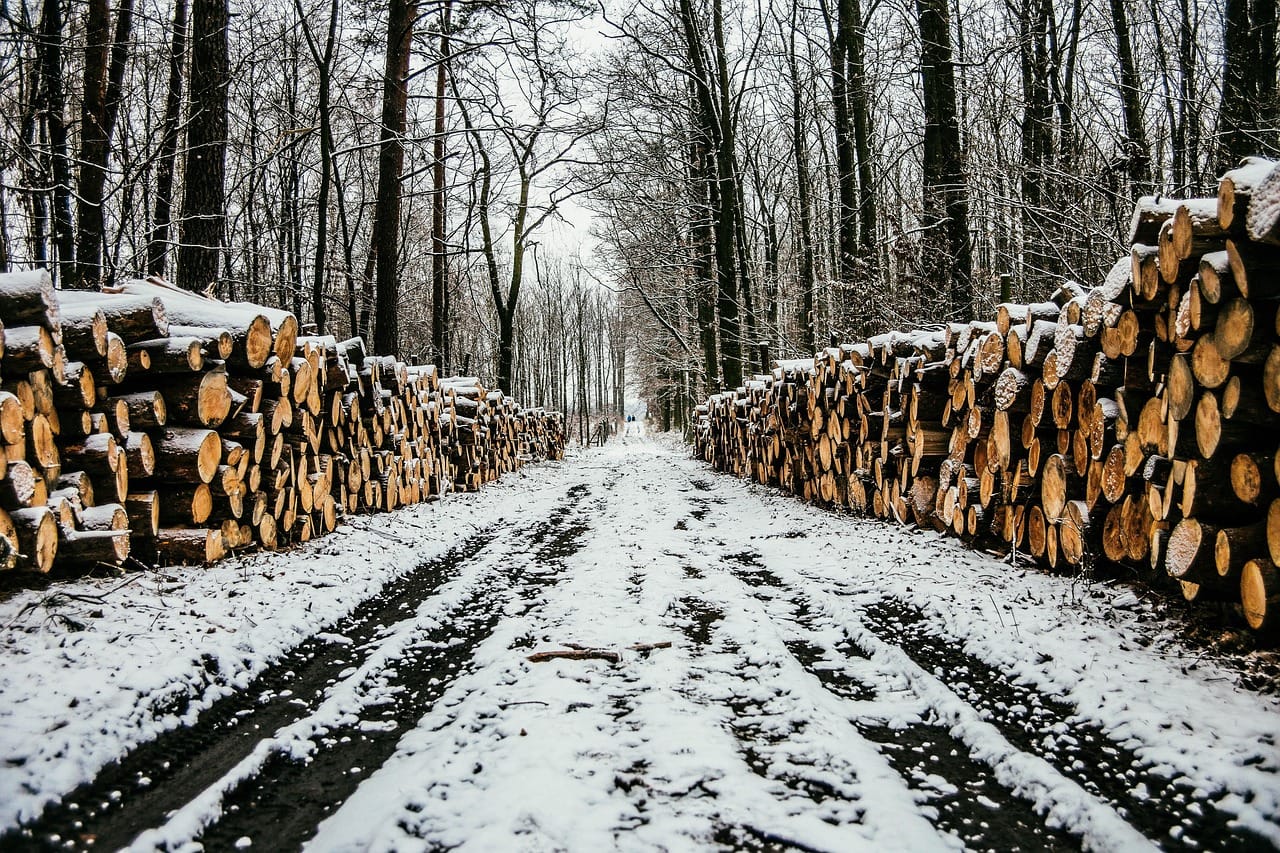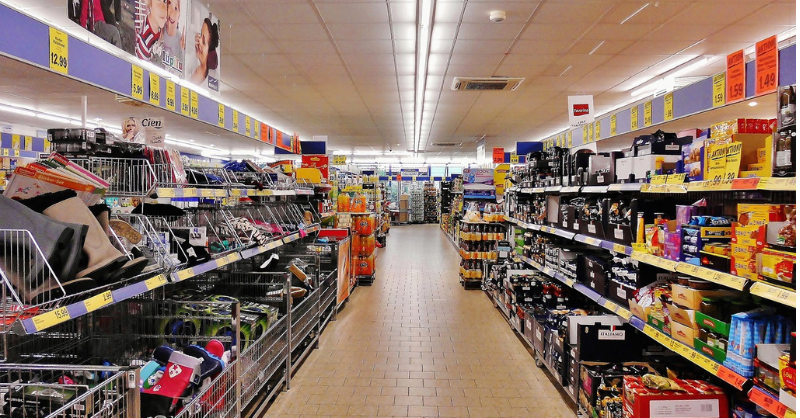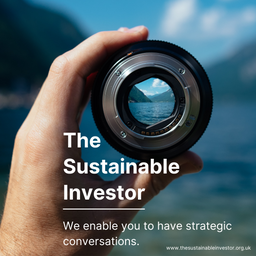
Deforestation - an increasing risk for food companies
A lack of supply chain resilience is one of the most material investment risks faced by companies in food related industries. Within this deforestation is becoming more prominent. Put simply, if there is material deforestation taking place within a company's supply chain, the time to act is now.
Food industry supply chain resilience has a number of dimensions. One we really need to watch and act on is deforestation. Today we will discuss the risks, and future blogs will pick up on potential solutions.
Scoping the deforestation debt universe
Exposure to deforestation risk runs deeper than you might first think. And it's not just an issue for equity investors, debt holders will likely be impacted as well.
According to the Anthropocene Fixed Income Institute (AFII), there are over 100 debt issuers/companies, with nearly $1.3trn of debt outstanding, that have a high to critical exposure to one or more of the commodities that are driving deforestation.

This is not just a issue for ethical investors. All investors should care about supply chains? Long term disruptions to supply and/or price increases can negatively impact profitability. Plus, there are risks around regulation, changing consumer preferences, and reputation/right to operate.
Resilient supply chains are a key sustainability issue
We have identified resilient supply chains as one of the two big sustainability issues for companies in the food industry (the other being the shift to healthier diets). So this is something that all investors need to track. And companies need to find better ways of explaining how their strategy takes it into account.

What are the deforestation risks? To quote the AFII report "investor exposure to deforestation risk comes from several sources. There are direct physical risks through extreme weather events. There are litigation and reputation risks originating from the treatment of indigenous communities. And despite a recent delay in the EU’s Deforestation Regulation, there are regulatory risks facing companies and investors in several jurisdictions."
Regulation in Europe and elsewhere might have been delayed, but it would be a foolish investor or company that assumes this issue has gone away for ever.

These disruptions can materially impact profits. When deforestation becomes unacceptable, companies need to find new sources of some key products and ingredients. This is not a trivial exercise, especially as we may find lots of food companies trying to make the same pivot at the same time. There are solutions (including ingredient reformulation) but the complexity of modern supply chains means it's better to start now than to wait.
The AFII debt universe - deforestation exposure
The AFII Deforestation Debt Universe is built on data from Forest IQ, Forest 500, and ZSL SPOTT. The issuers covered are significantly exposed to deforestation risk through soy, palm oil, beef, leather, timber, and pulp & paper.
Unsurprisingly the list of companies/issuers is dominated by consumer facing industries, covering both consumer staples and consumer discretionary/retail. These make up 83 of the 101 companies on the list. Nearly half are from North America, and c. 25% are European.
The list includes some big names including Nestle, PepsiCo, and Proctor & Gamble. And the big exposures are to palm oil, soy, beef (mainly for retailers) and pulp & paper.
While investors (including us) talk a lot about palm oil and soy, a 2019 report from Pendrill et al (Agricultural and forestry trade drives large share of tropical deforestation emissions) highlighted that the "expansion of agriculture and tree plantations into forests across the tropics was associated with net emissions of approximately 2.6 gigatonnes carbon dioxide per year. Cattle and oilseed products account for over half of these emissions."
So, don't ignore the deforestation risk in beef.
If you are in a company that is exposed to deforestation, it is definitely worth explaining very clearly to your investors (both debt and equity) what concrete actions you are taking to reduce and mitigate these risks, and over what time period they will take effect. And if you are an investor, ask yourself do you really fully understand the risks that the companies you are invested in face ?
For companies in the wider food industry the key issues are resilient supply chains and the shift to healthier food.
One last thought
It's not just all about soy, palm oil, beef, leather, timber, and pulp & paper. Industries such as coffee can also be negative contributors. According to a recent report from Coffee Barometer...
The historical expansion of coffee farms, which often replaced forests, has been a significant driver of deforestation and environmental degradation (Branthomme et al., (2023). Over the past two decades, approximately 130,000 hectares of forested land has been lost each year to coffee cultivation, resulting in an estimated annual emission of around 45 million tCO2e (Pendrill et al., 2019).

Grant me the strength to accept the things I cannot change, the courage to change the things I can, and the wisdom to know the difference. Reinhold Niebuhr - a Lutheran theologian in the early 1930's
Please read: important legal stuff. Note - this is not investment advice.





